Uncategorized
-
 Tech
TechFleets of self-driving taxis could be choreographed to cut traffic
Hive-minded self-driving cars could curb traffic congestion and vehicle pollution.
-
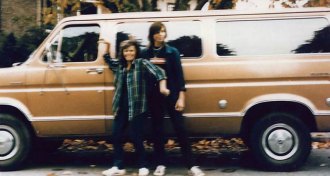 Genetics
GeneticsGenetic sleuthing again IDs a murder suspect in a cold case
The arrest of a second murder suspect with the help of genetic genealogy raises worries that suspicionless searches may be next.
-
 Genetics
GeneticsConsumer DNA testing promises more than it delivers
Chances are your DNA doesn’t contain dark secrets. But there may be lots of variety in results from testing company to company.
-
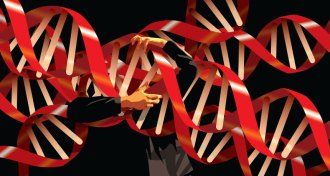 Genetics
GeneticsSpecial report: Genetic testing goes mainstream
Consumer genetic tests may not tell customers that much about themselves. Science News delves into these tests in a multipart series.
-
 Genetics
GeneticsWhat genetic tests from 23andMe, Veritas and Genos really told me about my health
A Science News reporter tried out three consumer genetic testing companies to see what people really learn about their health.
-
 Health & Medicine
Health & MedicineBlack children commit suicide at twice the rate of white kids
The suicide rates for young black kids are higher than those of their white counterparts, a pattern that flips in older kids, researchers find.
-
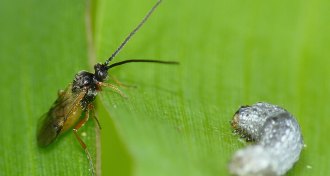 Animals
AnimalsA caterpillar outwits corn defenses by gorging on fattening ‘junk’ food
The crop plants defend themselves with zombie-maker wasps, but one pest has a desperate work-around.
By Susan Milius -
 Psychology
PsychologyGun owner or not, Americans agree on many ways to limit gun violence
A new survey suggests that gun owners support many potential gun-control policies — now research on their efficacy needs to catch up.
-
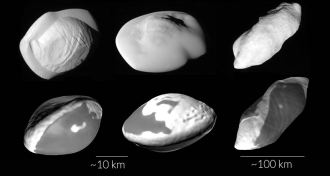 Planetary Science
Planetary ScienceSatellite smashups could have given birth to Saturn’s odd moons
Nearly head-on collisions between icy moonlets might be responsible for the peculiar shapes of some of Saturn’s moons, computer simulations suggest.
-
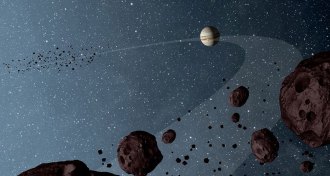 Astronomy
AstronomyMaverick asteroid might be an immigrant from outside the solar system
A space rock’s backward orbit could be a hint of unusual origins.
-
 Health & Medicine
Health & MedicineWhat we know about the Ebola outbreak, and the vaccine that might help
Even as an experimental vaccine arrives in Congo to contain the virus, there are worrisome signs Ebola has spread to a city.
-
 Health & Medicine
Health & MedicineThe CDC advises: Don’t swallow the water in a hotel swimming pool
In a 15-year period, hotel swimming pools and water parks had the highest number of swimming-related disease outbreaks in the United States.
By Kyle Plantz